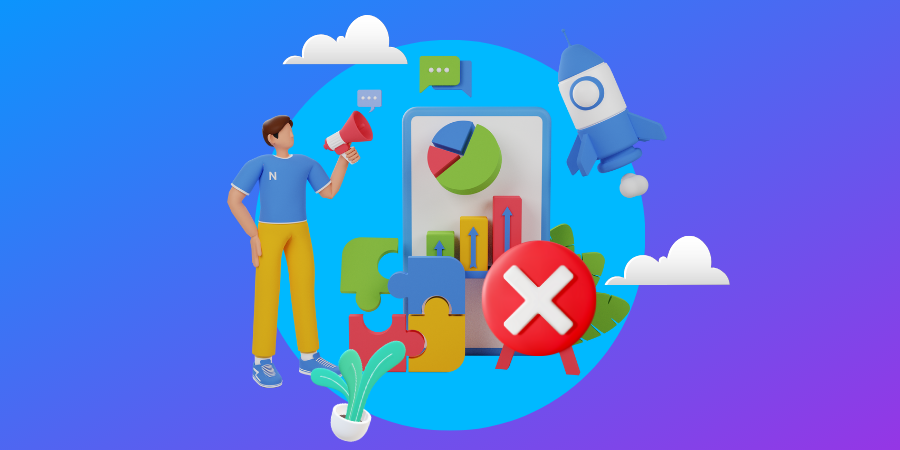
The Power of Data in Modern Healthcare
Healthcare is undergoing a massive transformation, driven largely by the increasing availability and sophistication of data. We’re swimming in information – patient records, clinical trial results, insurance claims, wearable sensor data – and the challenge now lies in harnessing this information to improve patient care and streamline operations. Healthcare analytics is the key to unlocking the potential of this data deluge, enabling smarter decisions and ultimately, better outcomes for patients and providers alike.
Predictive Analytics: Preventing Problems Before They Arise
One of the most exciting applications of healthcare analytics is in predictive modeling. By analyzing vast datasets, we can identify patients at high risk of developing certain conditions, such as heart failure or diabetes. This allows for proactive interventions, like lifestyle changes or medication adjustments, to mitigate these risks. Early detection and prevention are crucial for improving patient health and reducing healthcare costs associated with managing chronic diseases. This approach moves away from reactive, crisis-based care towards a more proactive and preventative model.
Improving Operational Efficiency Through Data Analysis
Beyond patient care, healthcare analytics plays a vital role in improving the operational efficiency of healthcare systems. Analyzing data on hospital bed occupancy, staffing levels, and equipment utilization can reveal bottlenecks and inefficiencies. This information can then be used to optimize resource allocation, reduce wait times, and improve overall workflow. For example, analyzing patient flow data can help hospitals better predict surges in demand and adjust staffing accordingly, preventing overcrowding and delays.
Personalized Medicine: Tailoring Treatment to the Individual
The era of one-size-fits-all medicine is fading. Healthcare analytics is paving the way for personalized medicine, where treatment plans are tailored to the unique characteristics of individual patients. By analyzing a patient’s genetic information, lifestyle factors, and medical history, healthcare providers can develop more targeted and effective treatment strategies. This precision approach promises to improve treatment outcomes and reduce adverse side effects.
Reducing Healthcare Costs Through Data-Driven Insights
The rising cost of healthcare is a global concern. Healthcare analytics offers a powerful tool for reducing expenses while simultaneously enhancing the quality of care. By identifying areas of waste and inefficiency, such as unnecessary hospital readmissions or overuse of certain medications, healthcare organizations can implement targeted interventions to optimize resource utilization and reduce costs. For instance, analyzing readmission rates can highlight deficiencies in post-discharge care and prompt the implementation of improved follow-up protocols.
Enhancing Research and Development with Big Data
The sheer volume of data generated in healthcare offers unprecedented opportunities for medical research and development. Healthcare analytics can be used to identify patterns and trends in disease prevalence, treatment effectiveness, and patient outcomes. This information can inform the development of new drugs, treatments, and medical devices, leading to breakthroughs in healthcare innovation. The ability to quickly analyze massive datasets can significantly accelerate the research process and bring life-saving innovations to patients faster.
Data Security and Privacy: A Paramount Concern
While the benefits of healthcare analytics are undeniable, it’s crucial to address the ethical and practical considerations related to data security and patient privacy. Robust data security measures are essential to protect sensitive patient information from unauthorized access and breaches. Compliance with regulations such as HIPAA (in the US) is paramount, and healthcare organizations must invest in robust systems and protocols to safeguard patient data and maintain trust.
The Future of Healthcare Analytics: A Collaborative Approach
The future of healthcare analytics lies in collaboration. Sharing data responsibly and securely among different healthcare providers, researchers, and technology companies will enable the development of even more powerful and insightful analytics solutions. A collaborative approach will accelerate innovation, improve patient care, and drive down healthcare costs, ultimately leading to a healthier and more efficient healthcare system for everyone. Visit here about healthcare analytics software








